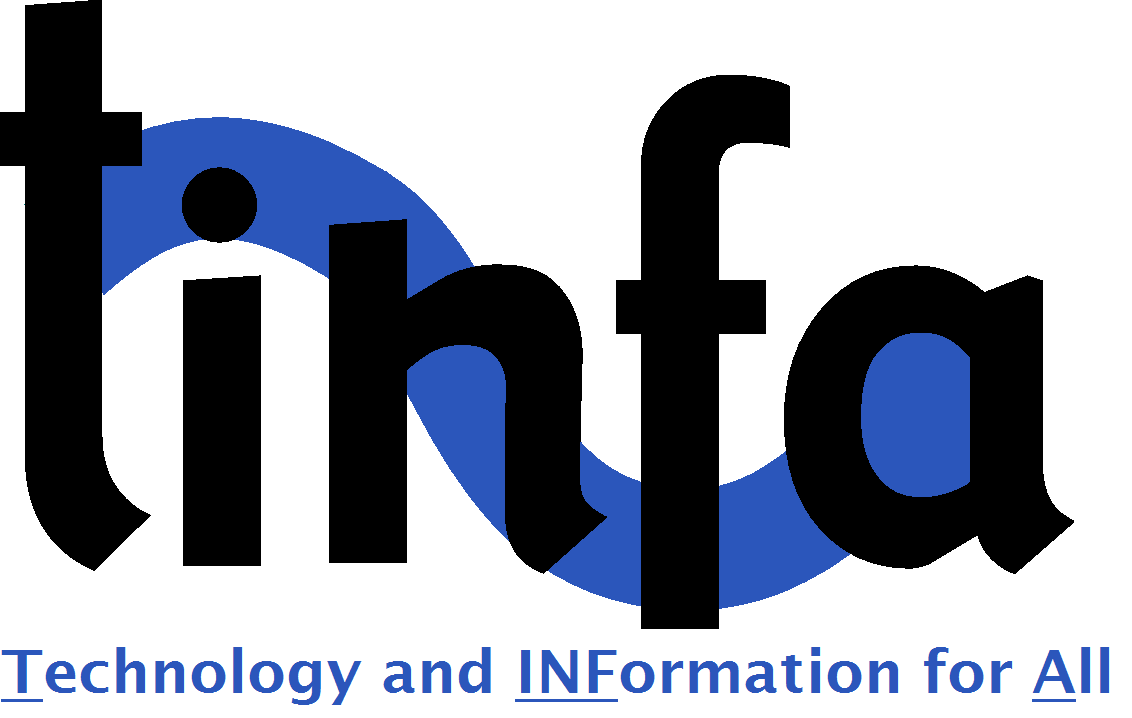I am just coming back from Guatemala, visiting most of our partner schools, and working with our coordinator, teachers, students, and partners. This was an intense (shorter than usual) and very positive trip. Here are few reflections from this trip.
We were able to visit 8 of our partner schools, and participate in 10 model classes (teachers using technology in their classroom, as a supporting tool, to work with their students). I also participated in one of our monthly workshop (with the teachers of the advanced skill level - we worked on the use of SKype and reviewed the quality of some of the educational supporting material that we collectively gather in DropBox) and one of our monthly planning of curriculum (the 5th grade teachers from 6 of partner schools - my group worked on a math model class, introducing the concept of Decimals).
The programs are working. Although it would be expected that directors and the teachers speak positively of the program in front of me, I also see that they are fully engaged, and participating generously.
During a discussion at the school San Rafael, one of our new school partner, I asked a group of teachers : “What do you think is the most important asset in the classroom, the teacher or the equipment?”. The teachers were a bit surprised and unsure what to say. I reassured them. “The most important asset in a 4th, 5th or 6th grade class is the teacher. The tech tools that we are working on using efficiently are just that “tools”. The teacher is by far the most important asset. This is why, we choose to spend our time working with you.”. I saw several smiles in the room, and could read a sense of relief in some eyes.
I am particularly pleased by the relationships that we are building in the communities. We are increasingly finding local partners that have a natural interest in getting involved with the schools. We had effective working sessions with the local ministry of education. They have no money, but lots of relationships. We got introduced to a climate change local organization, with whom we are discussing a collaboration in creating material for the teachers to use in the classroom. In the same vein, we found synergy with the organization Empresarios para la educacion. They identify and select outstanding teachers every year, to give the title of “Maestro 100 puntos”. We are talking with Empresarios about being part of the selection committee identifying teachers. We also will continue inviting the “Maestros 100 puntos”, to conductworkshops for our partner schools. One of our partner schools’ teachers got selected to the title of “maetros 100 puntos”.
I would not be surprised, if, in the future, the area of Retalhuleu becomes a fertile ground for such distinction.




